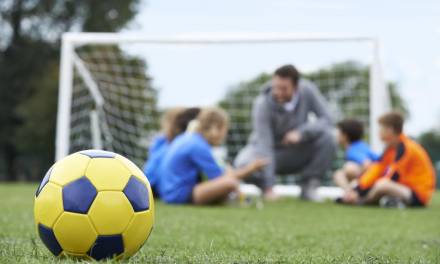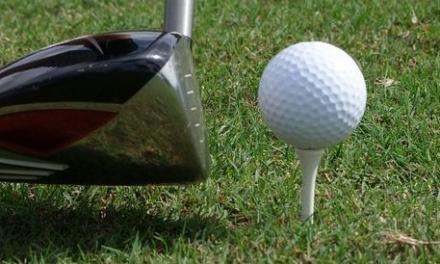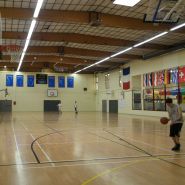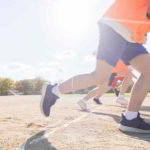Physical education plays a significant role in the Mental health and wellbeing of children. Research published by the National Library of Medicine stated that:
“Regular physical activity promotes growth and development and has multiple benefits for physical, mental, and psychosocial health that undoubtedly contribute to learning”
This piece of research also identifies the positive effect that an improvement in mental health can have on the mood of others within the educational setting. This is a fundamental component to the success of any Physical Education lesson as it will aid your quest in creating a positive, energised atmosphere. With the ever-increasing pressures on young people due to influences including social media and the pandemic, the focus on mental health is more important than ever. Below are three ways in which Physical Education can sustain and improve our pupils’ mental health and wellbeing.
Reduces stress and tension
One of the key benefits of regular physical activity is that Physical Education has the innate ability to help pupils forget about their personal stressors. During these periods of physical activity, the feel-good hormone serotonin is released and this will enable pupils to leave their Physical Education lesson in a positive frame of mind. As the effects of serotonin can last up to 24 hours after exercise, Physical Education can only have a positive effect on their approach to other subjects for the remainder of the day.
Whether it be a light jog, trampolining or a game of rugby serotonin is still released, but it is essential that schools offer a broad and balanced curriculum to try and appeal to all students and maximise the amount of serotonin released by each individual. If there was ever an argument for schools offering at least two hours of core Physical Education for all members of their community then look no further!
The ability to control emotions
Throughout all forms of sports and physical activity, pupils will develop the ability to control their emotions. This can include learning to cope with winning or losing in an appropriate manner, accepting decisions made by officials or tolerating pain unintentionally caused by the opposition. Sports and Physical Education can invoke all of these feelings and more- often within a very short period of time!
All of these experiences will help to improve the mental resilience of the individual over time, which will stand them in good stead for the challenges life will throw at them. Young people can often struggle to regulate their emotions due to several factors including fewer face-to-face interactions and more screen time than previous generations however, it is most definitely a trait that all future employees will be looking for.
Increasing self-esteem
Taking part in regular Physical Education lessons and (hopefully!) developing a passion for lifelong participation will significantly enhance the individual’s self-esteem. Pupils will feel more confident about their body image as they will notice an increase in muscle tone and positive changes in the way they look. They will also feel a sense of pride in the physical skills and abilities they are developing which will further be enhanced if they have the opportunity to showcase these newfound talents in an extracurricular setting.
Take a look at the PE Office which can alleviate added work pressure. If you would like to learn more about the platform then call 01909 776 900, send an email to mail@peoffice.co.uk or book a free online demonstration here.










